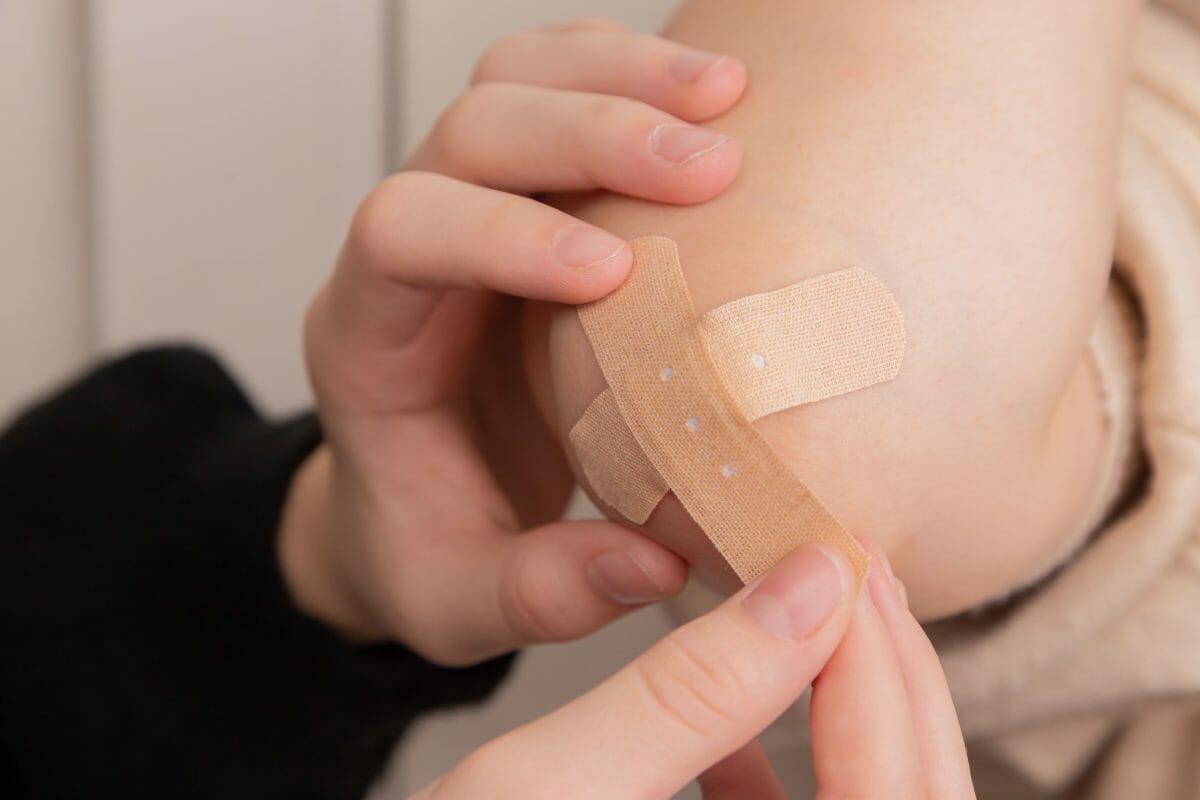Medical devices, such as hip implants, cochlear implants, and pacemakers, can be life-changing for many people. Those who receive them can often stop experiencing pain and discomfort and start living their lives as comfortably as their peers.
However, that’s not everyone’s experience, at least not forever. Medical devices and implants can fail, causing a great deal of pain and even sometimes putting your life at risk. While it’s not always easy to know if your medical device or implant has failed, these common signs below can be indicators.
You’re In Excruciating Pain
Many people visit reputable law firms like Blumenshine Law to discuss a medical device failure after experiencing excruciating pain related to their implant or device. While medical professionals often say pain and discomfort can be expected during the healing process in the days and weeks after surgery, some people experience it for far longer.
Pain might continue for months and not go away or ease for the entirety of that healing process. In that case, it’s possible that a medical device was defective or implanted incorrectly and requires further investigation.
Your Mobility Is Further Impacted
Many people receive medical devices to help enhance their mobility, such as knee and hip replacements. They are also among the most commonly performed surgeries. Given their prevalence, you might expect to enjoy enhanced mobility to improve your quality of life, but that’s not everyone’s experience.
Some people can find that their mobility is worse than before, and they might even be in more severe pain than they were before their surgeries. Sometimes, poor design or tissue inflammation can result in mobility being affected. However, it’s also possible that the joint replacement products have broken down with time, making them ineffective in assisting with your mobility.
You’re Bleeding
Bleeding can sometimes be a telling sign that your medical device has failed or was implanted correctly in the first place. While external bleeding can be a tell-tale sign of some medical device failures, internal bleeding is often more of a common indicator.
Sometimes, medical devices result in tissue, tendon, and muscle damage surrounding the implant area. With time and without medical assistance, that damage can result in bleeding. If you notice any skin darkening or bruising around or near where the medical device was planted, seek medical help immediately.
You’ve Received a Notification
You might not always experience symptoms relating to a failed medical device. You might be more than happy with the level of treatment you received or just haven’t experienced symptoms associated with a medical device or implant not being fit for purpose.
If a manufacturer has received feedback about imperfections or problems with their medical products, they can sometimes issue recalls. Your implant isn’t necessarily faulty, but it might have the potential to become so.
For example, the FDA issued several medical device recalls in 2023, such as Ivenix infusion systems for leaks that might interrupt treatment and intra-aortic balloon pumps for causing blood to enter through damaged balloon catheters, resulting in patient harm.
Medical device failure can have severe consequences, and some failures can even be life-threatening. If you can relate to any of these situations above, seek help from medical professionals and consult your lawyer for advice.
